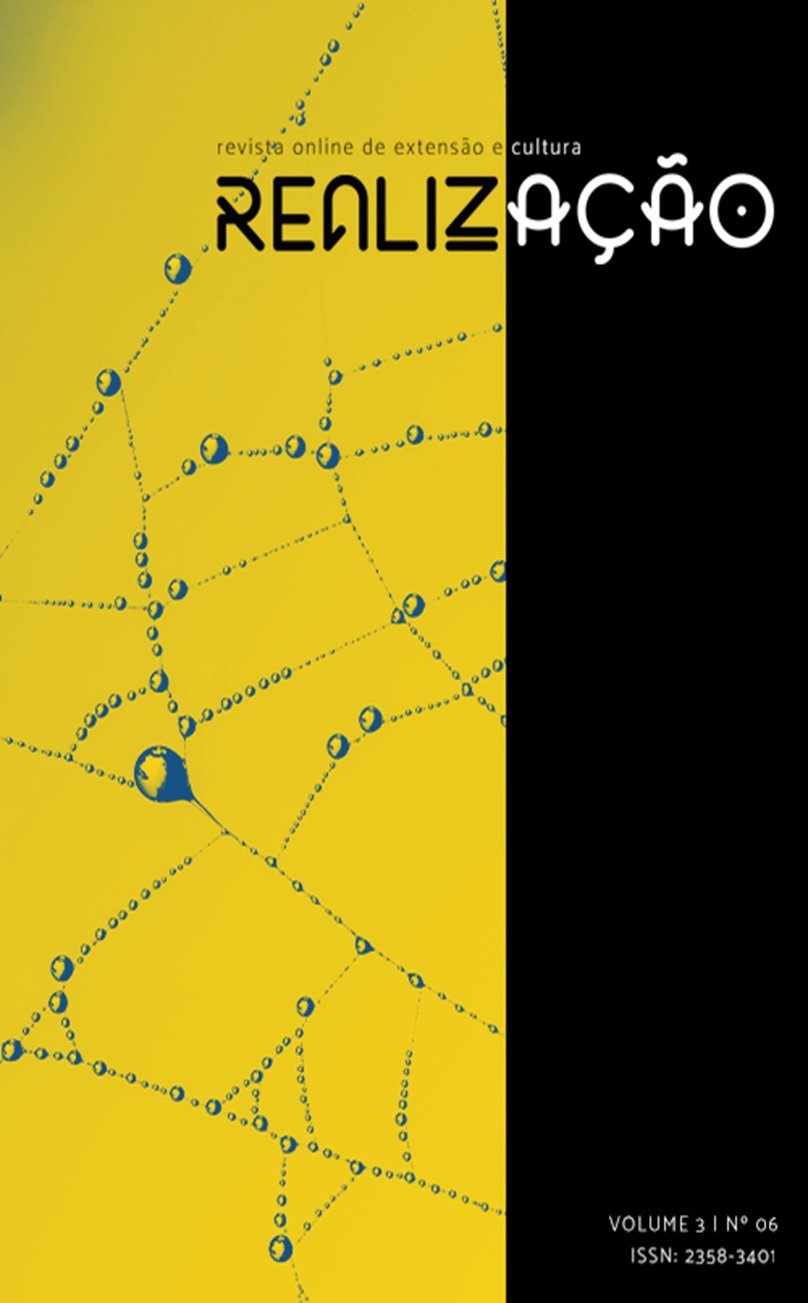Memory and secular trajectory: the Terena as protagonists of their history
DOI:
https://doi.org/10.30612/re-ufgd.v4i8.8123Keywords:
Protagonism , Indigenous movement , TerritoriesAbstract
This article aims to present two situations of Terena protagonism in the fight for land throughout the 20th century and to tell the story of the Terena movement in defense of their rights. The methodology used was oral history and ethnography (fieldwork), thus a dialogue between Indigenous History and Anthropology. The results presented were of intense movement by the indigenous people to recover their traditional territories. The two situations of demands highlighted demonstrate that this ethnic group and its “warriors” (self-designation of the men who go to the forefront of the clashes with the farmers) are willing to reclaim their territories, at least those from which they have not separated, in order to continue their Terena way of being. The current Terena, from what we have been able to see, have been becoming aware of their social place in Brazilian society. From this movement, they have been devising new political strategies to occupy new socio-political spaces. The art of dissimulation is part of the Terena’s set of negotiation tactics and is widely used by the leaders. These groups usually agree and accept the proposals made to them in non-indigenous spaces of power. They often commit to developing the proposed activities that are favorable to them. In other words, they agree and propose to carry out the activities as long as their population accepts them. However, if the support group in the village disagrees with the proposed directions, they simply shelve the project and its actions.
Downloads
References
SILVA, F. A. Mudança Cultural dos Terena. Revista do Museu Paulista, .São Paulo, nº 8, V. III, 1948.
AZANHA, G. As Terras Indígenas Terena no Mato Grosso do Sul. Revista de Estudos e Pesquisas, FUNAI, Brasília, v.2, n.1, p.61-111, jul. 2004
CERTEAU, M. A Invenção do Cotidiano: 1. Artes de fazer. Rio de Janeiro: Vozes, 1994.
CUNHA, M. C. Legislação indigenista do século XIX – Uma compilação (1808-1889). São Paulo: EDUSP: Comissão Pró-Índio de São Paulo, 1992.
FERREIRA, A. C. Tutela e Resistência Indígena: Etnografia e História das Relações de Poder entre os Terena e o Estado Brasileiro. Tese de Doutorado em Antropologia Social. Museu Nacional; Universidade Federal do Rio de Janeiro, 2007.
FUNAI. Relatório de 1925, apresentado para o Senhor Doutor José Bezerra Cavalcante – Director do Serviço de Proteção aos Índios. Microfilme 379, fotg. 1600-1614, DEDOC, Arquivo da FUNAI, Brasília).
HORTA BARBOSA, N. B. Memorial relativo à demarcação das Terras de Brejão. Campo Grande, 1924, 27 pp. In: Processo 1059/82, CGAF, FUNAI, Brasília.
LUCIANO, G. J. dos S. O Índio Brasileiro: O que você precisa saber sobre os povos indígenas no Brasil de Hoje. 1. ed. Brasília: MEC/SECAD MUSEU NACIONAL/UFRJ, 2006. v. 1. 232p.
MOURA, N. S. P. O Processo de Terenização do Crisitanismo na Terra Indígena TAUNAY/IPEGUE no século XX. Doutorado em Ciências Sociais, UNICAMP-SP, 2009.
SANT’ANA, G. R. A Dinâmica do associativismo Terena no espaço Urbano. Marília, SP, Dissertação de Mestrado em Ciências Sociais, 2004. (não publicada).
Downloads
Published
How to Cite
Issue
Section
License
Copyright (c) 2018 Rosalvo Ivarra Ortiz, Noêmia dos Santos Pereira Moura

This work is licensed under a Creative Commons Attribution-NonCommercial-ShareAlike 4.0 International License.
Autores que publicam nesta revista aceitam as normas de publicação, bem como, concordam com os seguintes termos:
(a) O Conselho Editorial se reserva ao direito de efetuar, nos originais, alterações da Língua portuguesa para se manter o padrão culto da língua, respeitando, porém, o estilo dos autores.
(b) Autores mantêm os direitos autorais e concedem à revista o direito de primeira publicação, com o trabalho simultaneamente licenciado sob a Creative Commons Atribuição-NãoComercial-CompartilhaIgual 4.0 Internacional que permite: Compartilhar — copiar e redistribuir o material em qualquer suporte ou formato e Adaptar — remixar, transformar, e criar a partir do material. A Creative Commons Atribuição-NãoComercial-CompartilhaIgual 4.0 Internacional considera os termos seguintes:
- Atribuição — Você deve dar o crédito apropriado, prover um link para a licença e indicar se mudanças foram feitas. Você deve fazê-lo em qualquer circunstância razoável, mas de nenhuma maneira que sugira que o licenciante apoia você ou o seu uso.
- NãoComercial — Você não pode usar o material para fins comerciais.
- CompartilhaIgual — Se você remixar, transformar, ou criar a partir do material, tem de distribuir as suas contribuições sob a mesma licença que o original.
- Sem restrições adicionais — Você não pode aplicar termos jurídicos ou medidas de caráter tecnológico que restrinjam legalmente outros de fazerem algo que a licença permita.


